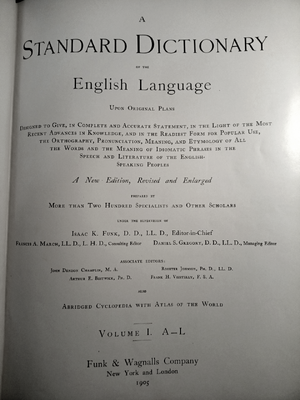NotHardUp1
What? Me? Really?
There are several postings of synonyms which have no different meaning.
The OP may not have been explicit enough that the pairs of terms are similar, so are conflated, but not the same meaning, hence a semantic difference. The idea is that casual or sloppy use causes inaccurate or unintended meaning to the hearer or reader.
Today, the connotation of semantic difference is often seen or regarded as a pointless distinction, whereas in many cases, the distinction is not irrelevant fine tuning of expression, but a specific articulation with purpose.
An example might be ultimatum and a threat. An ultimatum may indeed be a threat in the manner it is presented or perceived, but it is by definition a choice of accepting a condition or term with the alternative that relations are at an end if the offer is not accepted. A threat is a statement of intent to inflict harm or pain.
If you do not pay your outstanding balance before the end of the month, our firm will have no alternative than to turn the matter over to a collection agency.
My son is coming down there and will make you sorry you ever met us.
The OP may not have been explicit enough that the pairs of terms are similar, so are conflated, but not the same meaning, hence a semantic difference. The idea is that casual or sloppy use causes inaccurate or unintended meaning to the hearer or reader.
Today, the connotation of semantic difference is often seen or regarded as a pointless distinction, whereas in many cases, the distinction is not irrelevant fine tuning of expression, but a specific articulation with purpose.
An example might be ultimatum and a threat. An ultimatum may indeed be a threat in the manner it is presented or perceived, but it is by definition a choice of accepting a condition or term with the alternative that relations are at an end if the offer is not accepted. A threat is a statement of intent to inflict harm or pain.
If you do not pay your outstanding balance before the end of the month, our firm will have no alternative than to turn the matter over to a collection agency.
My son is coming down there and will make you sorry you ever met us.









